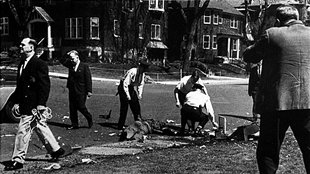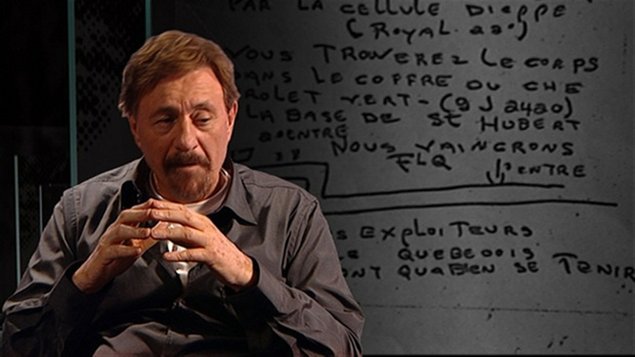It was on March 14, 2013 that convicted murderer Paul Rose, the most visible and violent symbol of Quebec nationalism, died.
With the provincial election campaign currently in full swing, the main issue once again in the mainly French-speaking province of Quebec is becoming the question of separation of Quebec from Canada.
Forty years ago, a group of radical leftists calling themselves the Front de libération du Québec (FLQ -front for the liberation of Quebec ) spread terror through Quebec, mostly in the city of Montreal. Their stated goal was to create a separate socialist state of Quebec.

From the 1960’s to the 1970’s, the several members of the group committed about 200 criminal acts, including 100 bombings, mostly targeting symbols of the federal government, such as mailboxes, and English businesses and neighbourhoods. Many people were wounded and maimed in the terrorist campaign and six people were killed, including a watchman and a cleaning lady.
In 1970, Paul Rose was involved in the kidnapping of then British Trade Commissioner, James Cross and Quebec Labour Minister Pierre Laporte, later assassinated.
Captured and charged along with his brother Jacques, and Francis Simard, Paul Rose was convicted of the murder on March 13, 1971.
He was paroled in 1982 as was Simard. Jacques Rose was paroled in 1978. Paul Rose remained a committed “independentiste” to his death by stroke at age 69.
Even after death he remained controversial as Amir Khadr, one of two deputies in the staunchly separatist Quebec Solidaire Party tabled a motion to honour Rose in the provincial parliament. Khadr later withdrew the bill after public outcry, which he blamed on English media, saying Rose has recanted and been rehabilitated, although Rose himself had told reporters he regretted nothing and would do it all again.
While there has been several minor acts of vandalism, name calling and various accusations from both the sovereignists and federalists, there has been no serious violence in the decades since the end of the FLQ.







For reasons beyond our control, and for an undetermined period of time, our comment section is now closed. However, our social networks remain open to your contributions.